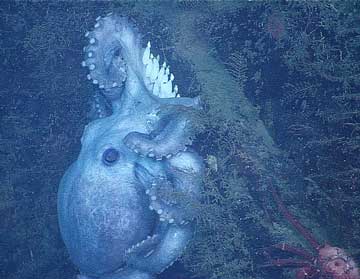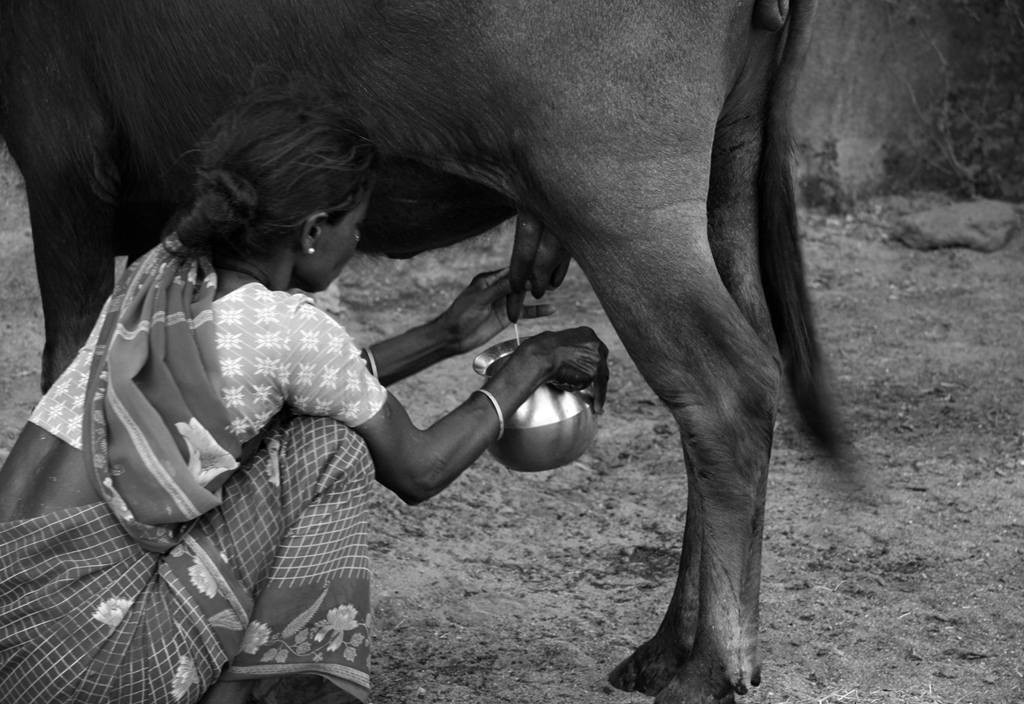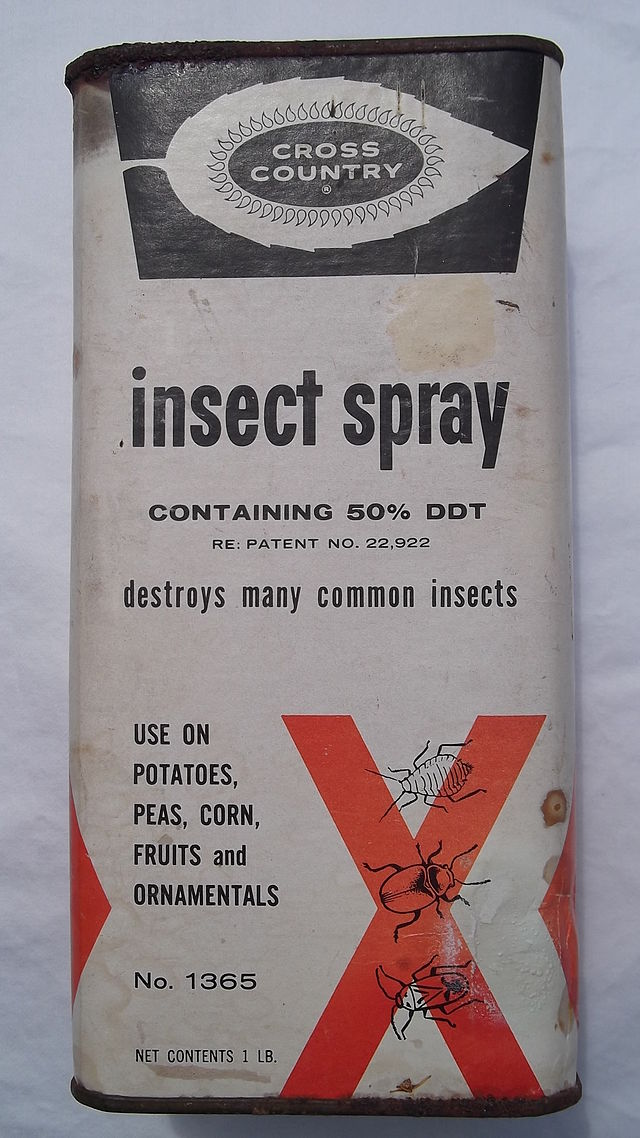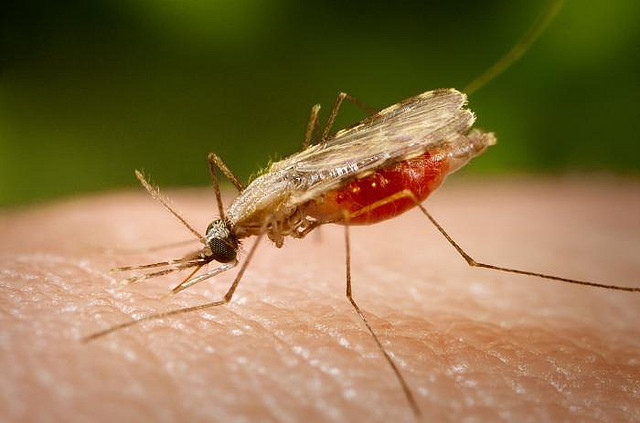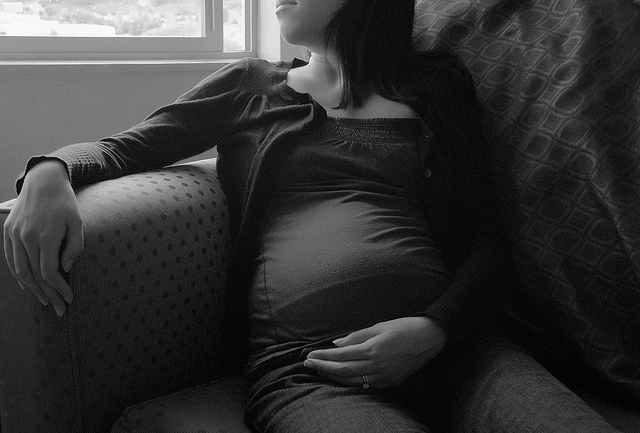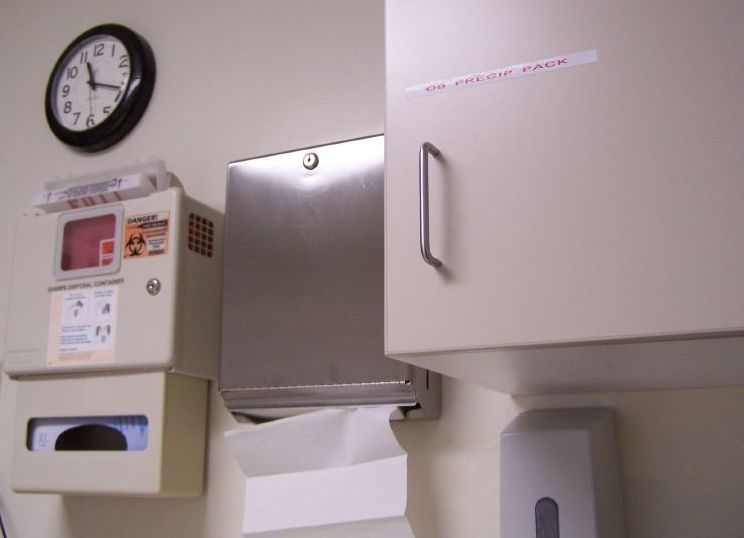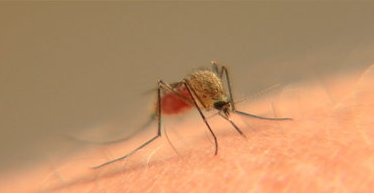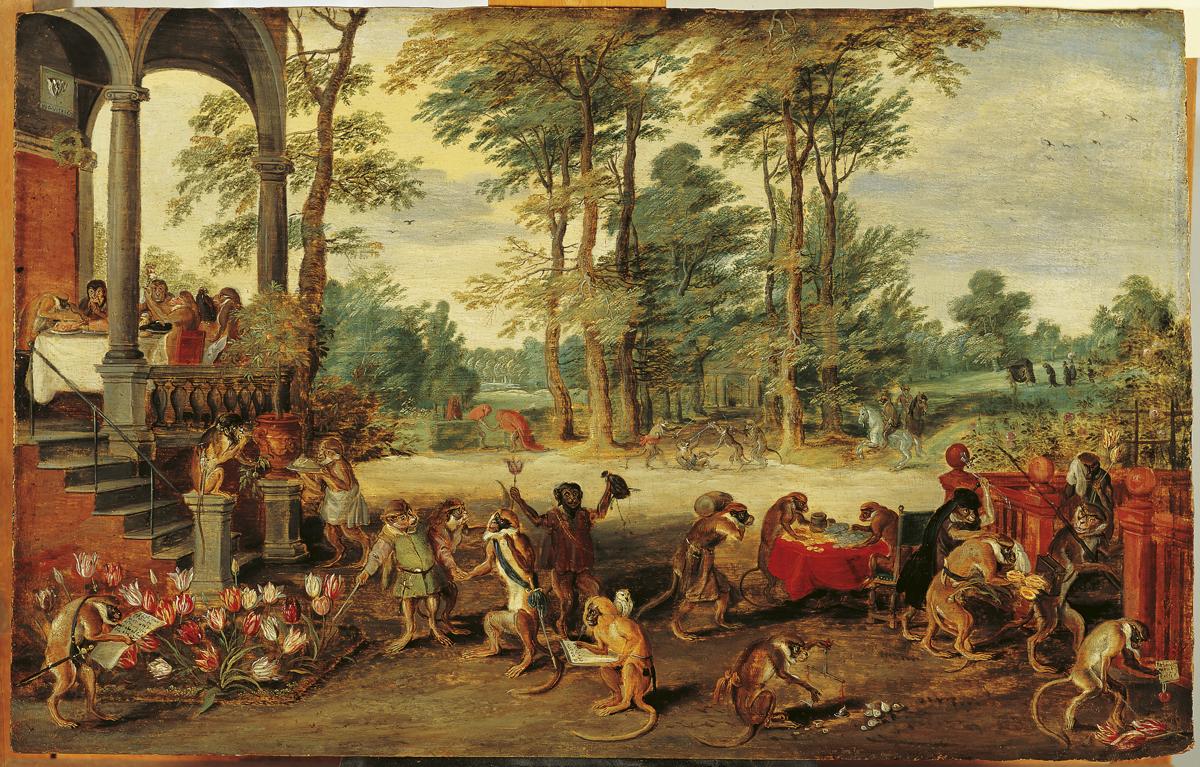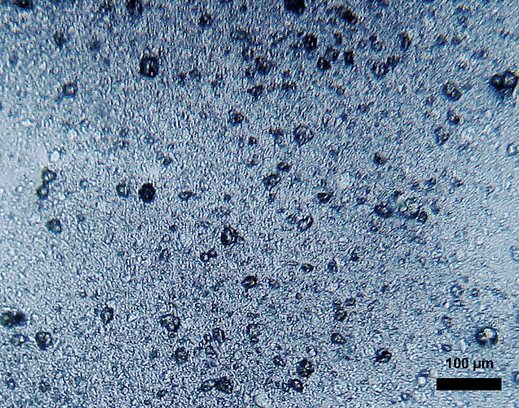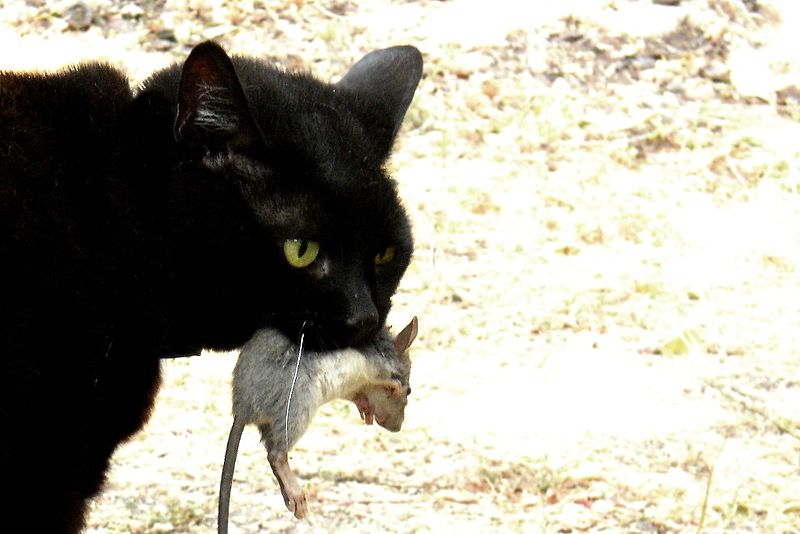Delayed Ripening
Naturally occurring soil bacteria can make fruit ripen more slowly – potentially saving a lot of food and money.
History of Homicide Database
A database of homicides in Europe since the year 1200 may help explain extremely long-term trends.
Octopus Supermom
A deep-sea octopus sits on her eggs for four and a half years - possibly without eating.
Feeding Neurons
Scientists have accidentally stumbled upon specific brain cells that turn feeding behavior on and off in mice.
See-Through Organisms
Scientists have developed a technique to make tissues see-through.
Squishy Robots
Materials that can go from firm to squishy and back could make robots more versatile.
Transgenerational Obesity
Did now-banned pesticides contribute to the obesity epidemic across generations?
Gene Drives
Genetic modifications in the wild could limit the impact of pest species.
Predicting Preterm Labor
A urine test may predict premature labor and other pregnancy complications.
Domestication Syndrome
A new hypothesis ties domestication in mammals to “cute” physical features.
Time of Day Medicine
The outcome of a medical test could be affected by the time of day.
Friendship Genetics
Your friends may be as closely related to you as a fourth cousin.
Mouth-to-Heart Infections
Bacteria that cause gum disease can migrate to the cardiovascular system and hide there.
Malaria Odor
The malaria parasite may make its host extra-appetizing to mosquitoes, just when the contagion risk is highest.
Bubble Brains
In stock trading simulations, people's brains indicate whether or not they'll get out before the bubble bursts.
Toxic Microplastics
Plastics in the ocean soak up toxins, and could harm sea life.
Ancient Cat History
Humans and cats kept close company in a Chinese village 5,300 years ago.
Birds on Life Support
Hawaii’s birds face multiple threats, but one small thrush on the island of Kaua’i is a success story – so far.


